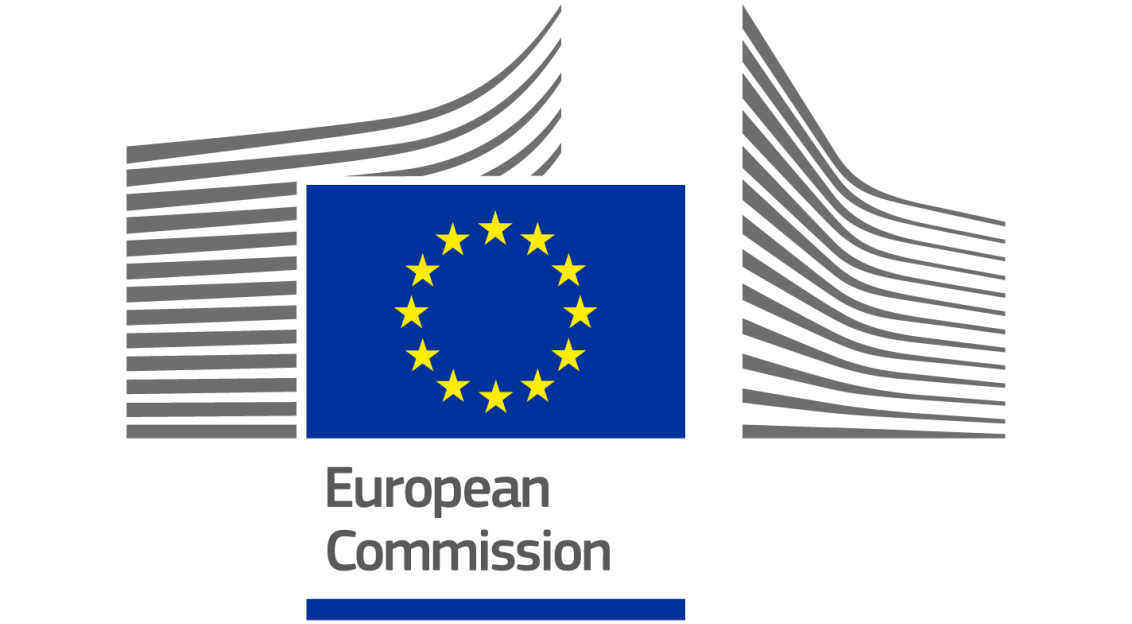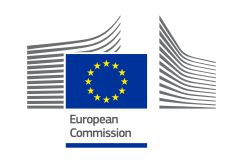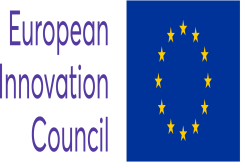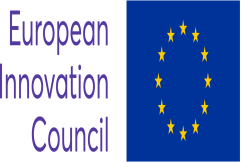Funding calls
15 June 2025
Centres of Vocational Excellence (ERASMUS-EDU-2025-PEX-COVE)
Funding calls
15 June 2025
1. Healthy, balanced and sustainable diets for all European consumers
2. Prevention and reduction of food loss and waste
3. A climate - neutral food chain in Europe by 2050
+4 more
Login / create an account to be able to react
-
2

The initiative on Centres of Vocational Excellence (CoVE) aims to respond to this policy priority supporting reforms in the VET sector, ensuring high quality skills and competences that lead to quality employment and career-long opportunities, meeting the needs of an innovative, inclusive and sustainable economy(See brochure on VET skills for today and the future). The CoVE initiative also supports the implementation of the European Green Deal, the Communication on attracting Skills and Talent and the new Industrial and SME Strategies, as skills are key to their success, as well as the Communication on skills and talent mobility, the Action Plan on labour and skills shortages, and the Council Recommendation ‘Europe on the Move’.
Call identifier: ERASMUS-EDU-2025-PEX-COVE
Call launch: December 2024
Call deadline: 11 June 2025 17:00:00 Brussels time
Call budget: EUR 60 000 000
Editorial team
European Commission - DG RTD
Topics
Albania
Armenia
Austria
Belgium
Bosnia and Herzegovina
Bulgaria
Croatia
Cyprus
Czechia
Denmark
Estonia
EU-27
Finland
France
Georgia
Germany
Greece
Hungary
Iceland
Ireland
Italy
Kosovo
Latvia
Liechtenstein
Lithuania
Luxembourg
Malta
Moldova
Montenegro
Netherlands
North Macedonia
Norway
Poland
Portugal
Romania
Serbia
Slovakia
Slovenia
Spain
Sweden
Switzerland
Türkiye
Ukraine
Other
Academic / Research and VET Institutions
Business Support Organisation
Company with 250 or more employees
Cluster Organisations
Consumer Organisations
Cultural and Heritage Organisations
Destination Management & Marketing Organisations
EU Institutions
Financial Institutions and Investors
Industry Associations and Chambers of Commerce
International Organisations
Local Authorities
Media / Journalist Organisations
National authorities
Networks and Federations / Confederations
NGOs / Non-profits
Notified Bodies
Regional Authorities
SMEs (a company with less than 250 employees)
Social Economy Entity
Trade Unions
Other
-
CoC aspirational objectives
-
-
1. Healthy, balanced and sustainable diets for all European consumers
-
2. Prevention and reduction of food loss and waste
-
3. A climate - neutral food chain in Europe by 2050
-
4. An optimised circular and resource-efficient food chain in Europe
-
5. Sustained, inclusive and sustainable economic growth, employment and decent work for all
-
6. Sustainable value creation in the European food supply chain through partnership
-
7. Sustainable sourcing in food supply chains
-
Share
The European Commission (Directorate-General Education, Youth, Sport and Culture—EAC) implements the Erasmus+ Programme. It manages the budget ( EUR 60,000,000 ) and sets priorities, targets, and criteria for the Programme on an ongoing basis.
For actions funded by the EU external action instruments, the Directorate-General for International Partnerships (DG INTPA) and the Directorate General for Neighbourhood and Enlargement Negotiations (DG NEAR) set the priorities following the EU’s external policy. Furthermore, the Commission guides and monitors the programme's general implementation, follow-up and evaluation at the European level.
The European Commission is also responsible for supervising and coordinating the structures in charge of implementing the Programme at the national level (indirect management) and directly managing specific programme actions.
At the European level, the European Education and Culture Executive Agency (EACEA) is responsible for implementing specific actions of the Erasmus+ Programme (direct management).
In the case of Key Action 1 projects managed by the Erasmus+ National Agencies, notification of the award decision and the signature of the grant agreement will typically occur 4 months after the submission deadline.
For Key Action 2 projects managed by the Erasmus+ National Agencies, the award decision will be notified, and the grant agreement will typically be signed five months after the submission deadline.
In the case of Key Action 2 and Key Action 3 projects managed by the Executive Agency, the notification of the award decision will take place, indicatively, 6 months after the submission deadline, and the signature of the grant agreement will take place, indicatively, 9 months from the submission deadline.
Important Note: Lump-sum grants
Documents
Comments (0)
See also
-
3
Multi-Country project in Agri-Food (DIGITAL-2025-AI-08-AGRIFOOD)
Online event
- Categories
- 2. Prevention and reduction of food loss and waste 3. A climate - neutral food chain in Europe by 2050 4. An optimised circular and resource-efficient food chain in Europe +3 more
-
5
Biotechnology-driven low-emission food and feed production systems (part of the EIC Accelerator programme)
Online event
- Categories
- 2. Prevention and reduction of food loss and waste 3. A climate - neutral food chain in Europe by 2050 4. An optimised circular and resource-efficient food chain in Europe +3 more
-
9
EIC Pathfinder Challenges 2025/ Biotechnology for Climate Resilient Crops and Plant-Based Biomanufacturing
Online event
- Categories
- 2. Prevention and reduction of food loss and waste 3. A climate - neutral food chain in Europe by 2050 4. An optimised circular and resource-efficient food chain in Europe +3 more




